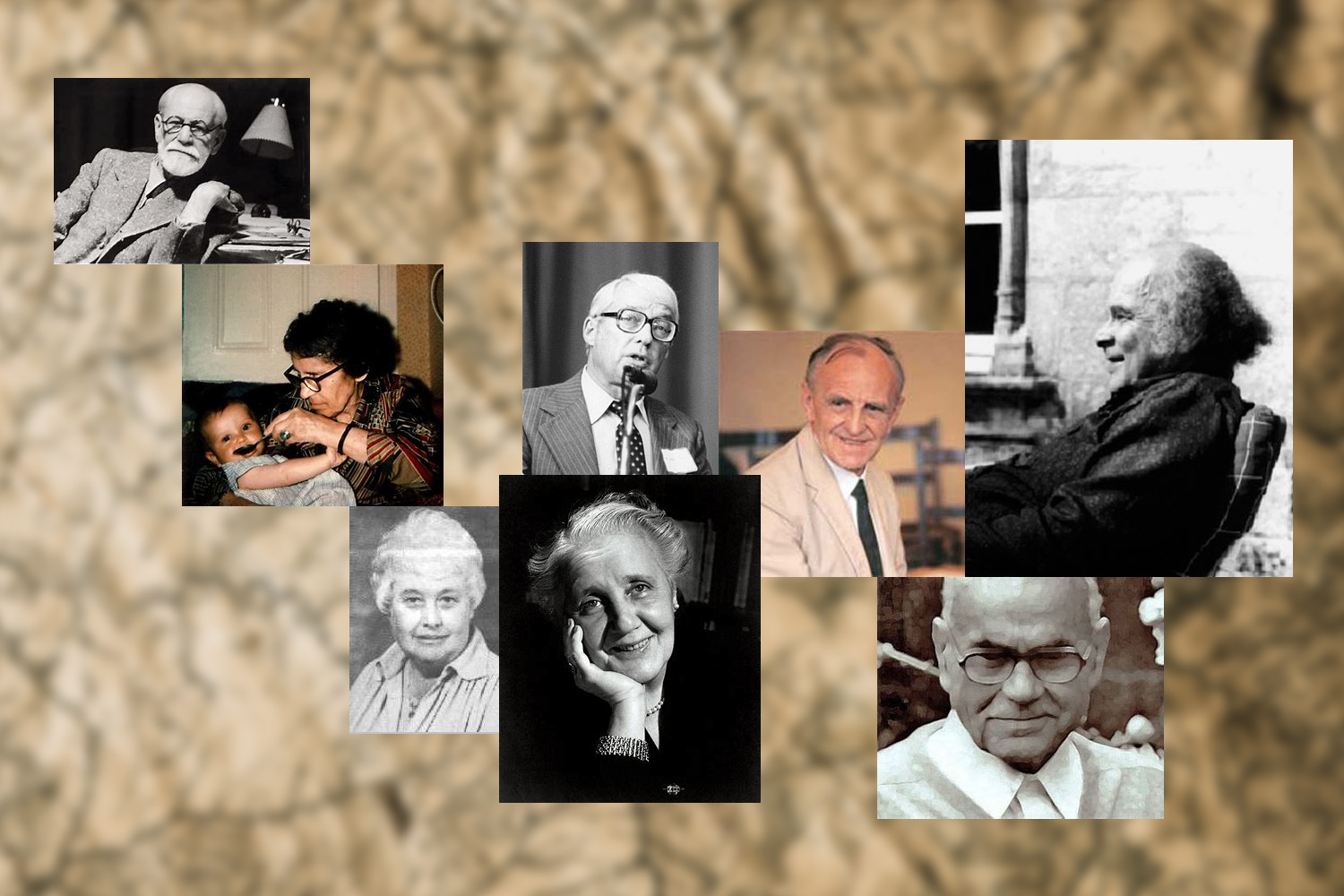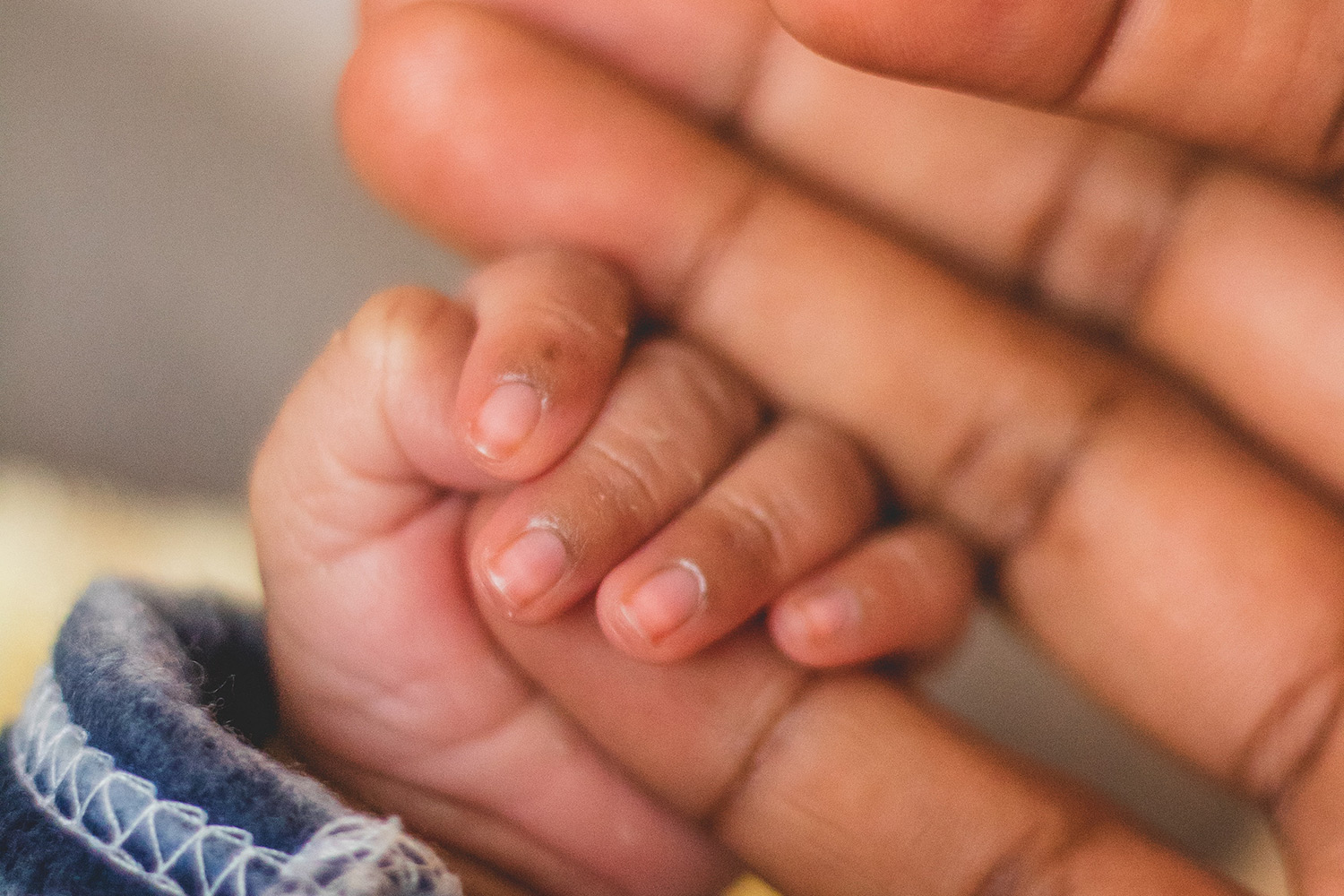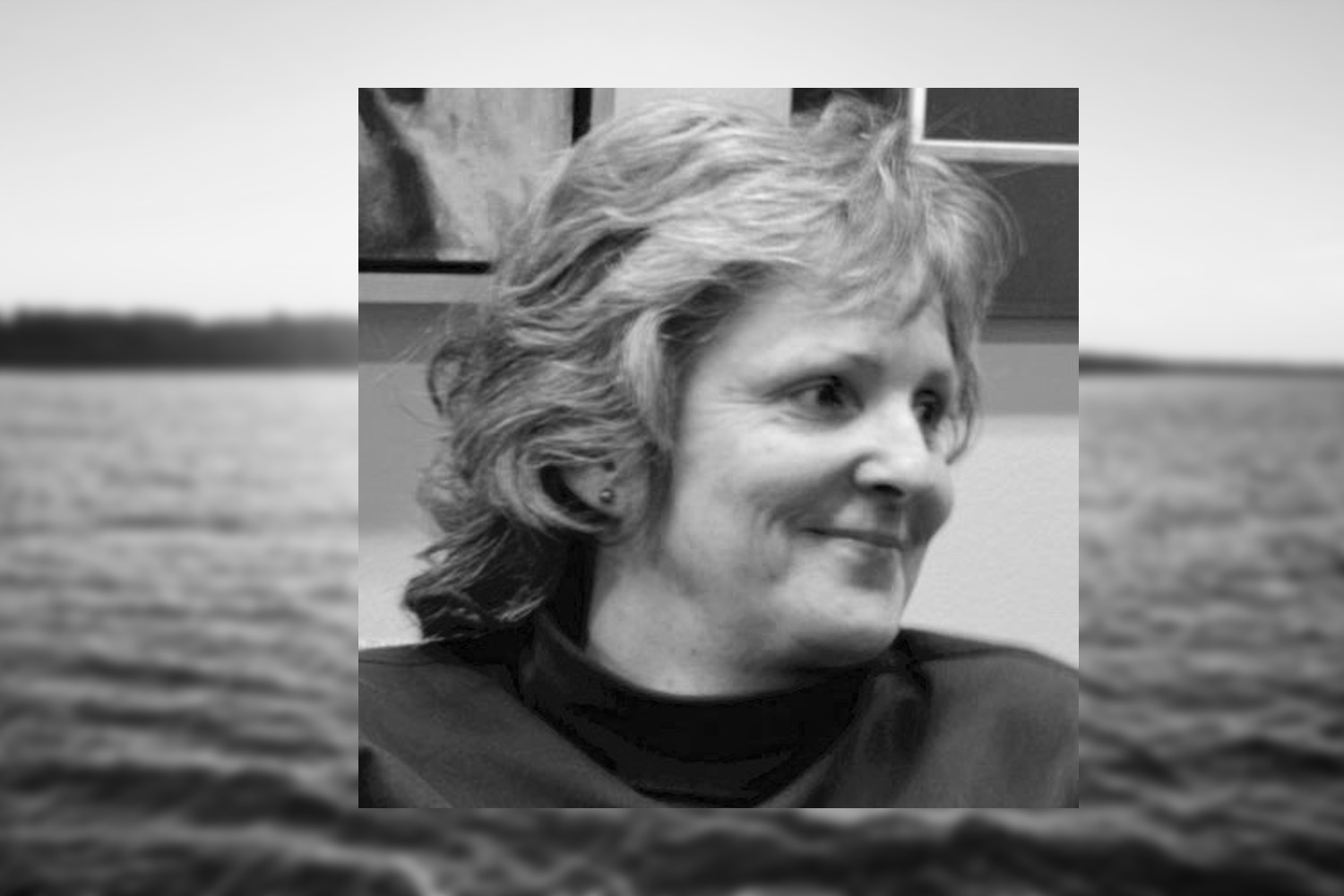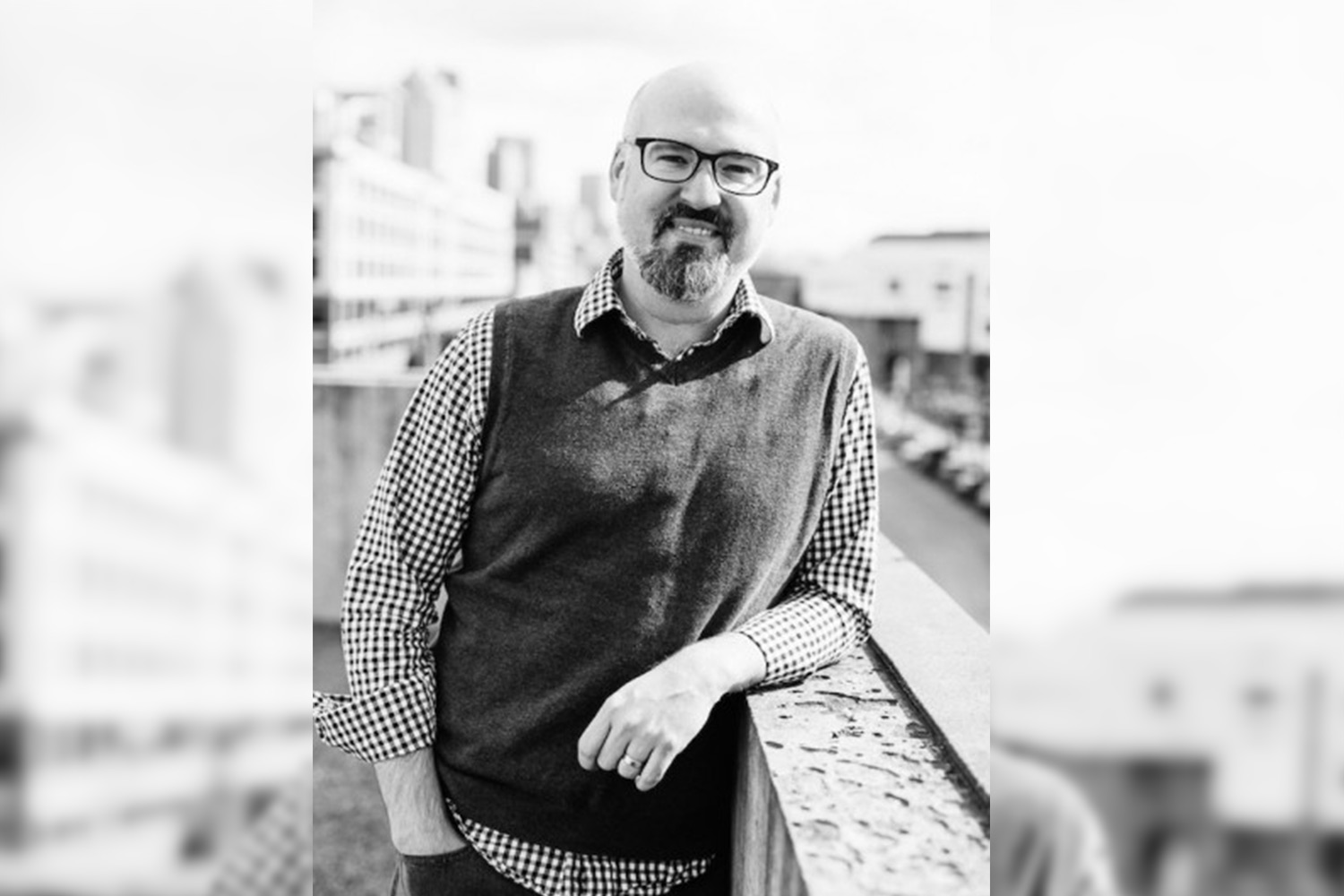Concentration in Psychoanalytic Psychology: British Object Relations
Develop skills in deep, empathetic listening to open new pathways of growth.
6 concentration-specific credits
1 year of infant observation
How do we navigate the complexity of our own emotional experiences? The task of psychoanalytic psychology provides a structure for thinking about emotional complexity and the therapist provides a space where contact can be made with that complexity. There is no greater gift than to offer another person the space to feel their own emotional complexity as they journey inward to navigate the challenges of their humanity in a world full of loss.
The Seattle School’s Master of Arts in Counseling Psychology with a Concentration in Psychoanalytic Psychology: British Object Relations prepares students to become therapists with experiential learning in this field of study. Through a one-year infant observation course, students have the unique opportunity to learn about early childhood development as it is occurring in real time. This concentration provides a foundational understanding of the British Objects Relations theory to allow the opportunity for students to grow and deepen their clinical experience in the psychoanalytic tradition.
Image shows historical line of thought in Psychoanalytic Psychology: Freud, Bick, Tustin, Klein, Bion, Meltzer, Winnicott, Searles

In British Object Relations theory the object is seen as the earliest mental formations of the primary relationship. Within the historical lineage of psychoanalytic theories, British Object Relations theory is a model that puts the relationship at the center of the theory. Early experiences of life in utero and in infancy are the most vulnerable to traumas of violence, neglect and narcissistic wounds. The way a person learns to relate to themself, the world, and others is shaped by their earliest relationships and is carried with them throughout their lives. By observing in a therapeutic setting, unconscious processes emerge and with deep empathic hearing and listening, the therapist can work with patients to understand traumatic events and begin to feel the pain of old wounds. In feeling the pain with the therapist, one can begin to connect the inner world of their thoughts to their outward experience.
The relationship between the therapist and the patient, then, becomes the foundational space where a person can engage their most formative experiences. In this way, students develop a capacity to work with a wide range of clinical populations, including children, adolescents, adults, couples and families, and with multiple cultural backgrounds.

Enter the field with tools & experiences that place relationship at the center
Through this concentration, you will:
- Demonstrate an experiential understanding of primitive mental states and intrapsychic development through the emotional internal world of the infant, and how this internal world is particularly facilitated by the mother or primary caregiver.
- Demonstrate an increased insight of one’s unconscious process, and the capacity to work with one’s self in the service of helping others.
- Demonstrate the capacity for personal, missional, and professional formation in the field of counseling.
- Demonstrate experiential understanding of key therapeutic concepts, such as holding, containing, and reverie.
- Describe one’s own understandings of key concepts in the British Object Relations nomenclature.
- Identify four kinds of anxiety, and how these impact how the mind grows.
- Describe psychopathology, character structure, and trauma, specifically, traumas of neglect, violence, and narcissistic wounds.
“British Object Relations gives us a “compass as a way to navigate” (language from Franco Scabbiolo, M.D.) deep, complex emotional divisions and confusions of our world today. Racism, intolerance of others, or rage at immigrants for example, is an emotional confusion in how we locate from within our own interior mind into someone else, outside of us. Can I pull back inside of myself what I have located (projected through splitting) into someone else? This is the question of today. ”
O'Donnell Day, PhD, Core Faculty

Courses
The Concentration Concentration in Psychoanalytic Psychology: British Object Relations is designed to be completed concurrently with a Master of Arts in Counseling Psychology. This degree with a Concentration in Psychoanalytic Psychology: British Object Relations is 72 credits and includes 6 credits specific to the concentration.
Courses will begin in the student’s second year of study and offered in a laboratory-style, experiential learning environment that combines theoretical learning with practical application. Clinical formation will be facilitated by practitioner-scholar faculty in partnership with the Center for Object Relations.
Second Year
- Infant Observation (Year-long)
Third Year
- Elements of British Object Relations (Fall, Winter, Spring)
“Engaging in psychotherapy is hard work. I have needed creative and courageous minds to help ground me along the way. British Object Relations theory helps me to think about and feel the experiences of my patients and myself in the midst of the work. It helps to contain, open up, and deepen. It helps make the intensity of ambiguity and encounters with primitive experiences survivable and able to be worked with.”
JOSH SANDOZ, OUTGOING PRESIDENT AT CENTER FOR OBJECT RELATIONS

Ready for the next step?
Connect with us! Request more information or apply today, and we’ll send you everything you need to know begin your journey.
